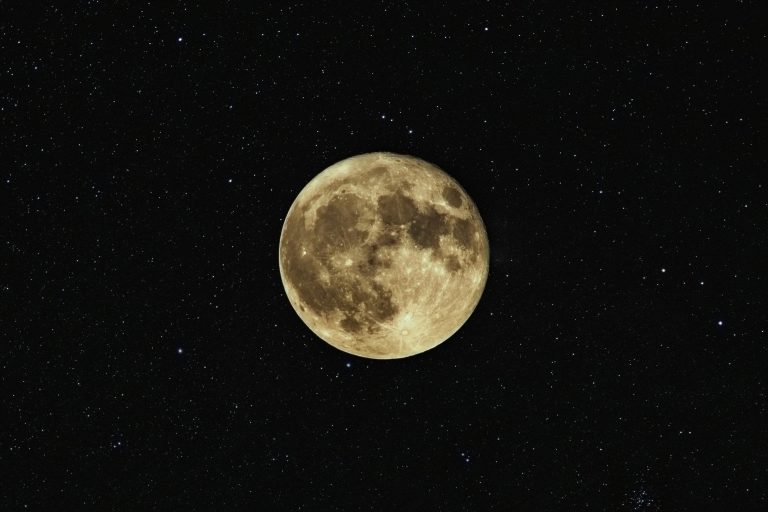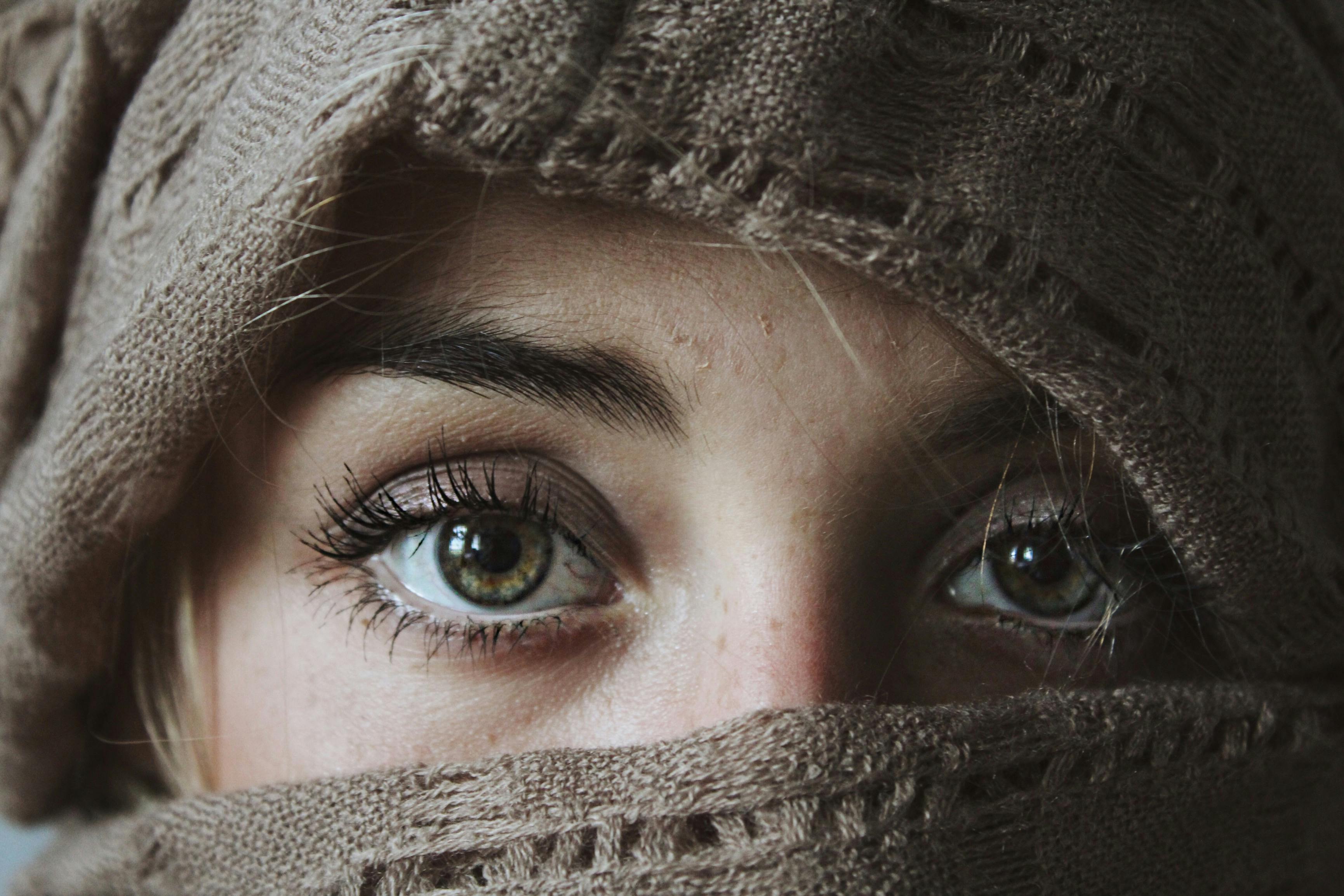The Disruption of Identity Through Grief
Sep-2024How does full moon affect people with depression and anxiety?
How does full moon affect people with depression and anxiety?

The last full moon we experienced was truly a powerful one because whoever I talked to, they said how this full moon affected them in so many ways.
When I was a kid, my grandfather used to tell me not to stare at the moon for so long because otherwise, you can become mad or lunatic. He was the first person I've met who had various troubles on the day the full moon appeared in the sky. Grandpa had troubles sleeping, he was experiencing insomnia and was a bit more angry and irritated but sometimes also more emotional.
As I grew up, I realized that the full moon affects me too, especially triggering more anxiety, worry, and bad feelings in general.
After I had done my own research, I read that psychiatrists say that the full moon can affect people with bipolar personality disorder, although it doesn't always have to be this way. If you are a bit more sensitive person, I bet that the full moon affects you at least a bit. For those with depression, anxiety, and even suicidal thoughts, the full moon can represent a big challenge when it comes to dealing with our emotions.
Police officers also say that they have more work on the nights of the full moon because aggression in people arises. There are also more fights in jails, as well as mental attacks in various mental institutions and hospitals.
The full moon has long captivated human imagination, inspiring myths, folklore, and scientific curiosity. While tales of werewolves and lunar influences have pervaded popular culture, many wonder if the full moon truly has an impact on mental health, specifically depression and anxiety.
Historically, the full moon has been associated with various psychological and behavioral changes. Ancient cultures often linked the moon's phases with mental health, believing that the full moon brought about heightened emotions and erratic behavior. This notion is captured in the term "lunacy," derived from "luna," the Latin word for moon.
In folklore, the full moon is frequently tied to heightened emotions and mystical experiences. For instance, werewolves and other mythological creatures are often depicted as transforming during a full moon, reflecting the belief in the moon’s power to influence human behavior.
Some of the most common changes people experience during the full moon include:
Sleep Patterns: Research suggests that the full moon may influence sleep patterns, which can, in turn, affect mental health. A study published in Current Biology in 2013 found that participants had reduced sleep duration and lower sleep quality during a full moon. Poor sleep can exacerbate symptoms of depression and anxiety, suggesting that disrupted sleep patterns during a full moon could potentially contribute to heightened symptoms.
Mood Disorders: A study published in Psychiatry Research in 2014 examined the relationship between the lunar cycle and mood disorders. The researchers found no significant correlation between the moon's phases and the frequency of psychiatric hospital admissions for mood disorders. Similarly, a review in Sleep Medicine Reviews found limited evidence supporting the notion that the lunar cycle affects mood or mental health significantly.
Behavioral Changes: While some studies have investigated behavioral changes during the full moon, the evidence remains sparse. For instance, a study in International Journal of Environmental Research and Public Health explored whether emergency room admissions increased during the full moon, but the results were inconclusive. Most research points to other factors, such as stress and lifestyle, playing a more significant role in behavioral changes. If individuals are aware of the full moon and its associated folklore, they may be more attuned to or even expect changes in their mood or behavior during this time. This expectation can create a self-fulfilling prophecy, where individuals report increased symptoms of depression or anxiety simply because they anticipate it.
Conclusion
Many people report feeling differently during a full moon, citing increased anxiety, disrupted sleep, or heightened emotional sensitivity. These anecdotal accounts often describe a range of experiences, from sleepless nights to a feeling of heightened awareness. However, such personal experiences can be influenced by a variety of factors, including individual differences in sensitivity to environmental changes and personal beliefs.
My personal advice would be to cut down on caffeine during the full moon because it can affect your sleep even more and trigger anxiety or panic attacks.
Do you experience some changes during the full moon?
Which ones?



